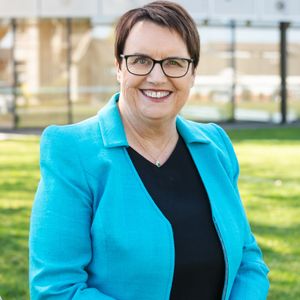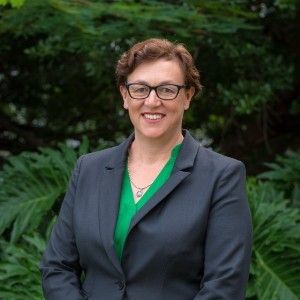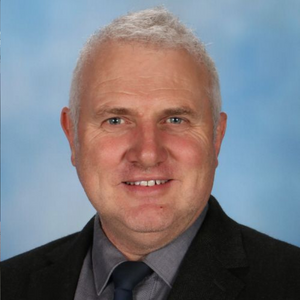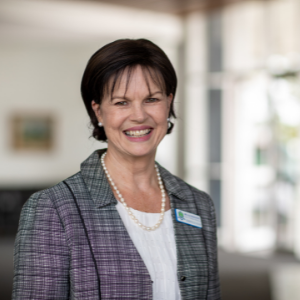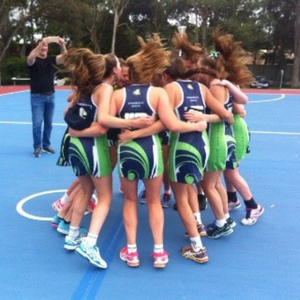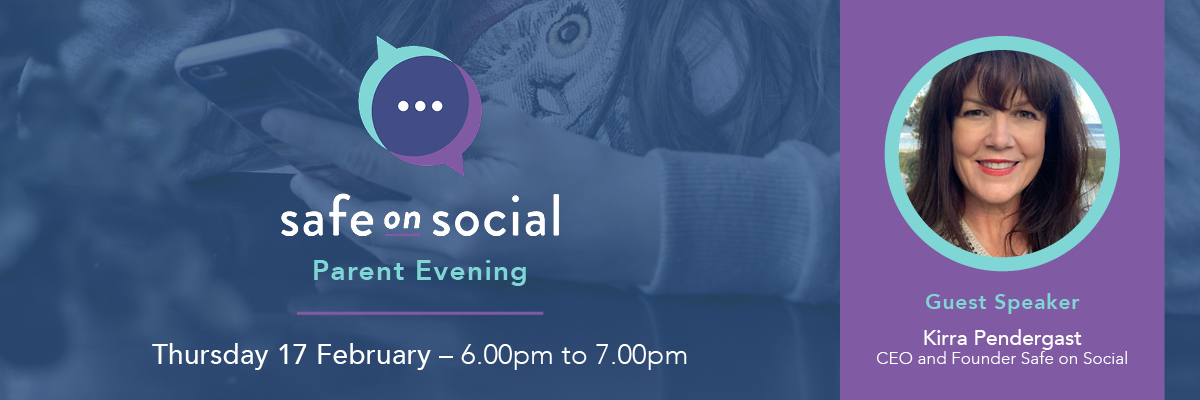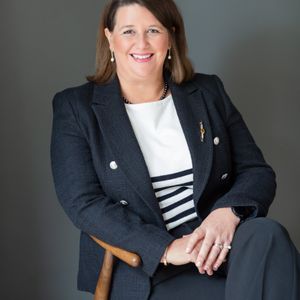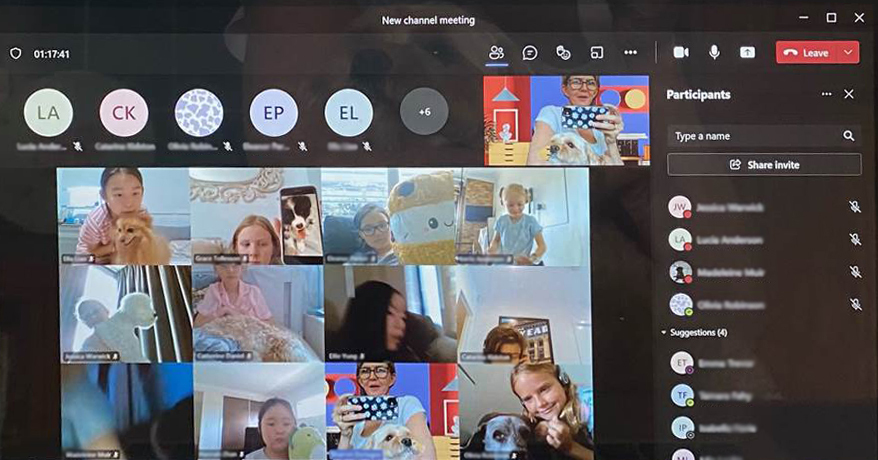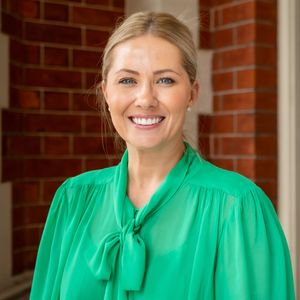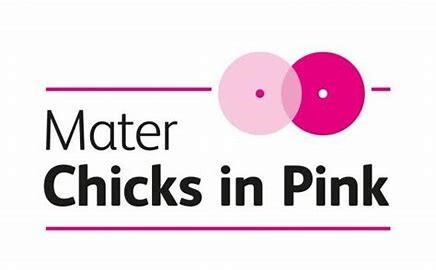Effects of COVID-19 and belonging
Schools are empty places without students and those on campus notice how the buildings echo without the noisy chatter and student laughter. As I write this newsletter, I anticipate the return of our students and excited babble of conversations, with the occasional outcry of delight, when something funny has happened.
Going back to school after this (extra) long break can be an anxious time for a child. New classes, new teachers, and new students, along with the increased uncertainty of the pandemic all have the potential to mount and create fear of the unknown. There are a range of strategies that may help you and your child work through the start of the new school year and lead to a more positive experience. Letting your child know that you appreciate and understand that they may be anxious about the return to school is an important validation for your child and helps them feel safe and secure.
Further to my anticipation of the return to campus by students to our Early Learning Centre, Junior and Senior Schools, I am interested in the global research relating to the impact of COVID-19 teaching. As educators, this research can build our knowledge and help shape our teaching more broadly as a school. Notably, the research shares anguished stories of the obvious effects of lockdowns, mask wearing, and physical distancing on the social and emotional wellbeing of children and teenagers.
Last year’s extended lockdowns and consequential remote learning programs in the southern states highlighted (for some students) negative and strong emotions of anxiety, frustration, motivation and boredom. Media reports presented an emerging mental health crisis in both young people and adults. Professor John Hattie, a leading educational researcher, presents an interesting study of the impact of COVID-19 in schools, through his paper ‘An Ode to Expertise: What have we learnt from COVID and how can we apply our new learning’.

From the meta-analysis of the global research, Hattie found that relative to the starting point, average depression scores increased, while wellbeing decreased during a lockdown. On previous occasions, students have “snapped” back to pre-COVID-19 levels when students returned to campus after lockdown. It will be important that we ascertain the level of wellbeing for our students upon their return to school this week. With Year 12 exams scheduled for Week 5, we know that providing strong academic care and emotional support is critical for making sure the students are feeling okay as they approach their mid-term assessment. According to Hattie, a study revealing the effects of adolescents’ feelings of isolation before and during COVID-19 learning, showed that they were not overly concerned with COVID-19 impacts on their education or their health, but their major concern was primarily about friendships.
This research parallels with my conversations with our School Captain and Vice-Captain at our (online) meeting last Friday. Odevnie P (12D), Mary-Elise G (12O) and Geena P (12D) checked in with students in other year levels to chat about how they were managing the online learning experience. Consistently, the younger students relayed how much they were looking forward to seeing their friends, and that adopting a learning mindset was proving to be a challenge.
So, there is a sense of joy about returning to campus to make those social connections, and also returning to partake in the co-curricular activities. There are so many benefits to be derived from the social interactions that happen through playing sport, Choral Festival rehearsals, or playing in an orchestra. Ultimately, our co-curricular life creates that feeling of belonging, as well as doing wonders for social and emotional wellbeing.
At Somerville House, we remain cognisant of the academic impact of COVID-19 learning and I look forward to sharing more of Hattie’s findings in future editions of The Honour Roll. A commonly shared perspective contends that we have been resilient as a nation throughout seasonal disasters of fires, cyclones and floods, but through it all, we remain solution-focussed and keen to look out for and help each other. In speaking about teachers in his article Ode to their Expertise, Hattie advocates to all communities to
“honour their expertise, their care and investment in every student and to applaud the excellence of educators. Along with nurses and doctors, teachers are among the true heroes of COVID-19”.
On behalf of all students, I extend thanks to our academic and support staff for all they have done over the first two weeks of this year to activate the Somerville@HOME program.
I wish all families a great start to the return to campus this week.
Mrs Kim Kiepe
Principal
Acknowledgments:
Anxious Kids, 2019, by Michael Grosser and Dr Jodi Richardson
‘An Ode to Expertise: What have we learnt from COVID teaching and how can we apply our new learning?’, 2021, Paper presented by Professor John Hattie at the Victorian Education State Principals Conference
